PayPal was founded in 1998 by Elon Musk, Max Levchin, and Peter Thiel. The company is based in San Jose, California, and has 32,200 employees.
In 2002, PayPal was acquired by eBay. PayPal allows users to send and receive money through mobile devices, apps, or in person. Its base fees include 2.9% + $0.30 charged for each online transaction, 2.9% + $0.30 for online invoices, POS transactions at 2.7%, and 3.5% + $0.15 for keyed entry transactions.
PayPal also offers a nonprofit discount for online payment processing that costs 2.2% + $0.30. It owns several online payment platforms and services like Braintree, Venmo, Xoom, and Honey Science. On Jan 14, 2021, PayPal acquired a 70% equity stake in GoPay. It became the first foreign company to own 100% of a payments platform in China.
In 2021, the online payment giant provides digital commerce and peer-to-peer money transfers in more than 200 markets globally and manages transactions in 100 different currencies.
In the Q2 of 2020, PayPal hit 346 million active users, and its valuation is about $126.8 billion. The number of payments per quarter jumped by 105% in three years from 1.4 billion in 2016 to 2.9 billion in 2019.
In Q2 2020, PayPal had 346 million active users and more than 3.7 billion transactions, a 25% jump year-over-year.
PayPal’s Q2 2020 net revenue reached $5.26 billion, a 22% increase y-o-y. In the third and fourth quarter of 2020, PayPal’s net payment volume was $246.7 billion and $277 billion. PayPal accounts for 22% of online transactions in the US, which makes it is one of the most popular payment methods for online transactions. To protect its market share, PayPal has to fend off strong competitors.
Here is an in-depth analysis of PayPal’s top competitors and alternatives:
1. Skrill
Year founded: 2001
Headquarter: London, England
Skrill is an international money transfer service that offers multi-currency payment processing. It was acquired by Paysafe Group in 2015 for US$ 1.08 billion. Skrill charges 2.9% per transaction fee while PayPal earns 4.5%.
However, PayPal’s widespread adoption by merchants makes it easier for shoppers to use it instead of Skrill. Skrill’s zero deposit and withdrawal fees make it ideal for private users.
It charges 2.99% to 3.99% for conversions but doesn’t charge cross-border transactions, while PayPal charges 0.5% to 7.4% for cross-border transactions. Both platforms are robust platforms and perfectly matched.
2. Payoneer
Year founded: 2005
Headquarter: New York, New York
Payoneer is a global online payment service provider that is very similar to Skrill. More than 4 million freelancers and businesses from over 200 countries use Payoneer.
The company stands out among PayPal competitors due to its strategic agreements with freelancing sites like Upwork and major marketplaces.
It offers a free account that allows users to withdraw money directly from their bank account. Users can pay $29.95/month to get a prepaid card. But Payoneer charges a transaction fee of $1.50 for local bank transfers, which is a disadvantage since PayPal offers this service for free.
Payoneer’s integrated platform makes it a top PayPal competitor.
3. Stripe
Year founded: 2010
Headquarter: San Francisco, California
Stripe is an American financial service and SaaS company that offers payment processing and APIs for eCommerce. It competes against PayPal in the U.S. and Canada. Stripe charges 2.9% plus 30 cents on each online credit card transaction and 2.7% plus 50 cents on terminal (POS) transactions.
Its billing is broken into Starter and Scale. Businesses can use the Starter plan to bill their customers for free for the first $1 million in recurring transactions and pay 0.4% per transaction after that threshold. The main advantage of Stripe is its self-hosted checkout process.
It allows customers to transact on the seller’s site. It is easier to use than PayPal’s external site.
4. Square Inc.
Year founded: 2009
Headquarter: San Francisco, California
Square Inc. is a mobile payment processor that offers point of sale (POS) and e-commerce payments. It reported a net loss of $8.7 million for Q1 2020. However, investors are confident in the company’s leadership, evidenced by its rising stock.
Square’s main advantage over PayPal is its robust hardware options and POS systems that streamline in-person credit card payments. Square was awarded a 4.0 out of 5 ratings in 2021.
Best Credit Card Processing Companies by US News, which puts it ahead of PayPal with a 3.8 out of 5 ratings. But, PayPal has an edge over Square in online-only card transactions.
5. TransferWise
Year founded: January 2011
Headquarter: London, England
TransferWise is an online money transfer service that offers business accounts and multi-currency debit cards. The platform supports more than 750 currency routes and has over 4 million registered users with a monthly transfer of around $4 billion.
TransferWise’s net profit more than doubled to $27.1 million, and its annual revenues increased by almost 70% y-o-y to reach $411 million in the fiscal year ended in March 2020.
TransferWise transfers money from its own account in the recipient’s country, eliminating the surcharges that apply to cross-country transfers. Zero cross-border charges give TransferWise an edge over PayPal.
6. Google Pay
Year founded: 2017
Headquarter: Mountain View, CA
Google Pay is the virtual wallet that allows registered Google Account users to pay using their credit cards. The solution comes with an app the works on PC, tablets, and smartphones that use either Android 5.0+ or Apple iOS 8.0+.
Google Pay has 67 million monthly active users, completed over 2.5 billion transactions, and transacted about US$ 110 billion. More than 200,000 stores and 2,700 online merchants use Google Pay globally.
It does not charge a fee on debit transactions, whereas PayPal charges 2.9%. Its Google Pay Send option comes with robust tools that can poach merchants from PayPal. Google’s backing also increases its competitive edge.
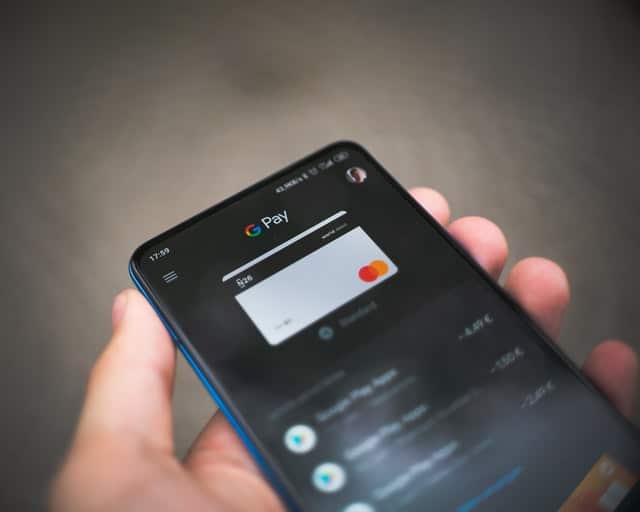
7. Shopify Payments
Year founded: Aug. 12, 2013
Headquarter: Ottawa, Ontario, Canada
Shopify Payments is a processing system designed by Shopify to simplify and streamline how merchants accept payments online. It eliminates the hassle of setting up a third-party payment provider or merchant account.
Shopify Payments is the best PayPal alternative for e-commerce businesses using the Shopify platform. Pricing for a basic Shopify account starts at $29/month, and credit cards are charged at 2.9% plus $0.30.
It also works with other marketplaces like Amazon, eBay, Facebook, and more. Shopify Payments is a worthy PayPal competitor for 2021 and beyond.
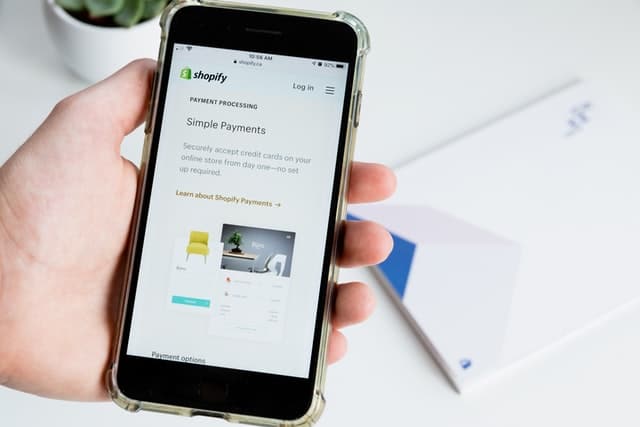
8. Amazon Pay
Year founded: 2007
Headquarter: Seattle, Washington
Amazon Pay is the payment processing service launched by Amazon to allow merchants on its eCommerce platform to pay with their user accounts across different external markets.
It combines Amazon’s Payments, Checkout, and Simple Pay into a single service for digital products. The main competitive advantage for Amazon Pay over PayPal is its integration with Amazon’s ecosystem and the millions of merchants and buyers on the marketplace.
Amazon Pay charges 2.9% + $0.30 per transaction, which is similar to PayPal’s pricing model. It charges merchants an additional fee of 3.9% for cross-border purchases, while PayPal charges 0.5% to 7.4% for cross-border transactions.
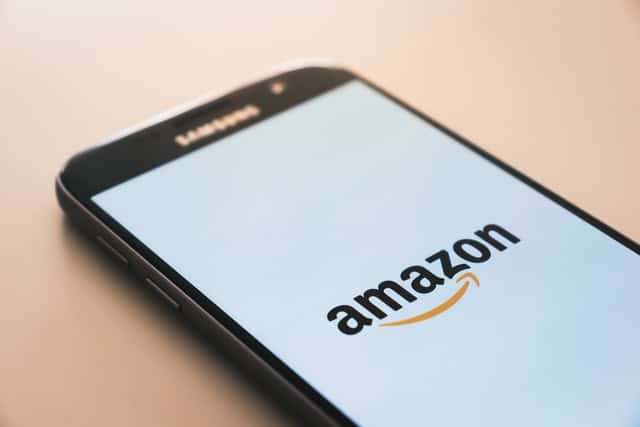
9. Adyen
Year founded: 2006
Headquarter: Amsterdam, Holland
Adyen is a Dutch-based B2B financial technology company that handles back-end payments for small merchants and big brands like Uber, and Facebook.
The company’s processed payment volume jumped 38% y-o-y in Q1 of 2020 to US$ 80 billion. Its net revenue grew 34% y-o-y to US$ 163.68 million during the period. Despite its small size, Adyen generates 192% of the revenue of Skrill.
Adyen rose to fame in 2018 after it ousted PayPal as eBay’s primary payment provider. It has expanded significantly since 2018 and can execute another high-profile coup, which makes it a silent but lethal PayPal competitor.
10. Alipay
Year founded: 2004
Headquarter: Pudong, Shanghai, China
Alipay is a payment processing service backed by Alibaba’s giant ecosystems across eCommerce, retail, and technologies. The company acquired UK-based WorldFirst for $700 million in 2019.
The acquisition allows Alipay to provide cross-border payment services and compete directly with PayPal. PayPal’s acquisition of GoPay in 2020 marked its entry into China’s domestic payment market. Now, PayPal and Alipay compete locally and globally.
Alipay’s main advantage in China is its facial recognition payments, which has enticed tens of thousands of stores. PayPal still has a long way to catch up to Alipay.
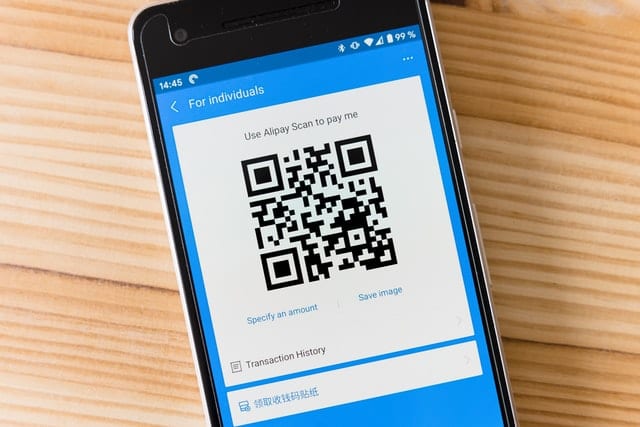
11. Authorize.Net
Year founded: 1996
Headquarter: Utah, USA
Authorize.Net is a platform for electronic payments that caters to the needs of small businesses. The platform is used primarily by online stores because it only allows users to accept payments. Authorize.Net is a popular payment gateway globally, with over 430,000 merchants.
The platform completes about 1 billion transactions per year on average, valued at US$ 149 billion. It charges a monthly gateway fee of $25 and a 2.9% + $0.30 per-transaction fee.
A monthly fee can discourage SMBs. Authorize.Net is a subsidiary of Visa, which gives it an edge over PayPal.
12. Paytm
Year founded: 2010
Headquarter: Noida, Uttar Pradesh, India
Paytm is the largest e-commerce and mobile payments platform in India. Although Paytm operates globally, it is PayPal’s top competitor primarily in India.
In 2020, Paytm witnessed a surge in the number of new users and merchant partners. Paytm had 39 million daily active users (DAU) between Q4 2019 and Q1 2020. During the period, Google Pay had 19 million DAUs and PhonePe had 17 million DAUs.
Paytm has more than the combined DAUs for Google Pay and PhonePe, which indicates its dominance of the India digital money transfer market.
13. 2Checkout
Year founded: 1998
Headquarter: Alpharetta, Georgia
2Checkout is an all-in-one payment gateway software. It supports multiple payment methods like debit and credit card or transacts using PayPal.
2Checkout can process 87 different currencies in 15 languages and connects eCommerce sites with 180 countries.
2Checkout’s integrations include Shopify, BigCommerce, and WooCommerce. Merchants can integrate 100+ shopping carts without coding.
14. QuickBooks GoPayment
Year founded: 1983
Headquarter: Mountain View, California
Intuit’s product – QuickBooks GoPayment develops and sells digital payment software for small businesses. The company offers innovative features that streamline payment processing.
For the pay-as-you-go option, users don’t have to pay a monthly fee but can opt to pay $9.95 monthly for PCI security. A monthly subscription has a monthly fee, but users don’t need to pay for PCI security.
They also have to subscribe to QuickBooks chip and magstripe reader that costs $19. Complicated pricing can discourage some users or push them to PayPal.
15. Dwolla
Year founded: 2002
Headquarter: Iowa, U.S.
Dwolla is a programmable payment platform that connects businesses to the ACH network to verify bank accounts and facilitate payments. It controls the entire user experience during payment processing.
As of Dec 2020, Dwolla supports more than $10 billion a year in gross payment volume. The company recently introduced Drop-in Components; a low code offering built to save customers development time on their payment integration.
These components streamline payment processes, which increases its competitive edge over other PayPal competitors.
References & more information
- PYMNTS (2021, Jan 14). PayPal Ups Game, Buys Rest Of Payments Platform GoPay In China. PYMNTS
- Economy & Trends Editor (2020, Sep 17). PayPal Hit 3.7 Billion Transactions and 346 Million Active Users in Q2 2020. InBusiness PHX
- Best, D. (2020, Dec). Total payment volume of PayPal 2014-2020, by quarter. Statista
- Zuckerman, A. (2020, July 19). Skrill vs. PayPal Payments Pro Comparison. Compare Camp
- DIGINO (2020, Mar 19). Payoneer vs. PayPal 2020 – Which One is Better? Digino.Org
- Motola, C. (2020, Oct 14). Stripe VS PayPal: How to Choose The Right Payment Processor For Your Online Business. Merchant Maverick
- Papandrea, D. (2020, Sept. 29). Square vs. PayPal. U.S. News
- Browne, R. (2020, Sep 22). $5 billion fintech firm TransferWise posts fourth straight year of profitability. CNBC
- Ross, S. (2020, May 25). The 4 Best Alternatives to PayPal. INVESTOPEDIA
- Law, T. J. (2020, Nov, 12). The 13 Best PayPal Alternatives to Use in 2020. Oberlo
- WP Editorial (2020, July 6). PayPal vs Stripe vs Authorize.net vs Amazon Payments – Which Is Best for a WordPress Site. CodeinWP
- Furber, S. (2020, June 4). PayPal, Adyen, Square to thrive post-pandemic as online payment habits stick. SP Global
- Forrester, C. (2020, Jan 2). PayPal Officially Enters China: Challenges vs. Opportunities. Forbes
- Wood, M. (2020, Oct 27). Net vs. Paypal: Which Is Right for Your Business? Fundera
- Maji, P. (2020, June 25). More Indians visit Paytm than Google Pay and PhonePe put together: Report. Financial Express
- Clara, B. (2020, Nov 10). 2Checkout vs PayPal for Online Payments. Finance H
- Sorensen, E. (2020, Nov 12). QuickBooks Payments vs. Square: which card reader and platform is best? Mobile Transaction
- Pavithra, R. (2020, Dec 9). Dwolla introduces Drop-in Components, lowering technical barriers of payments integration. IBS Intelligence

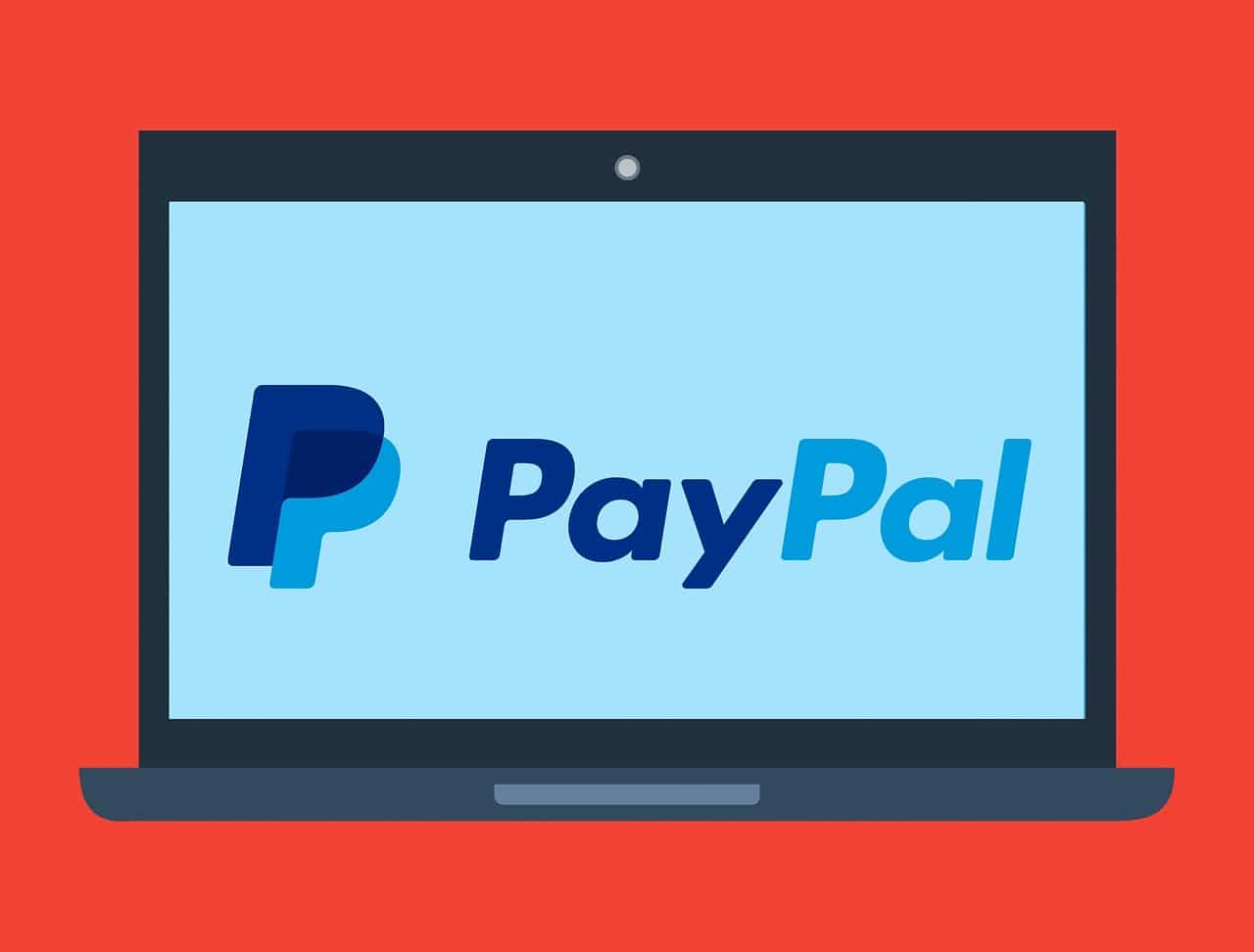

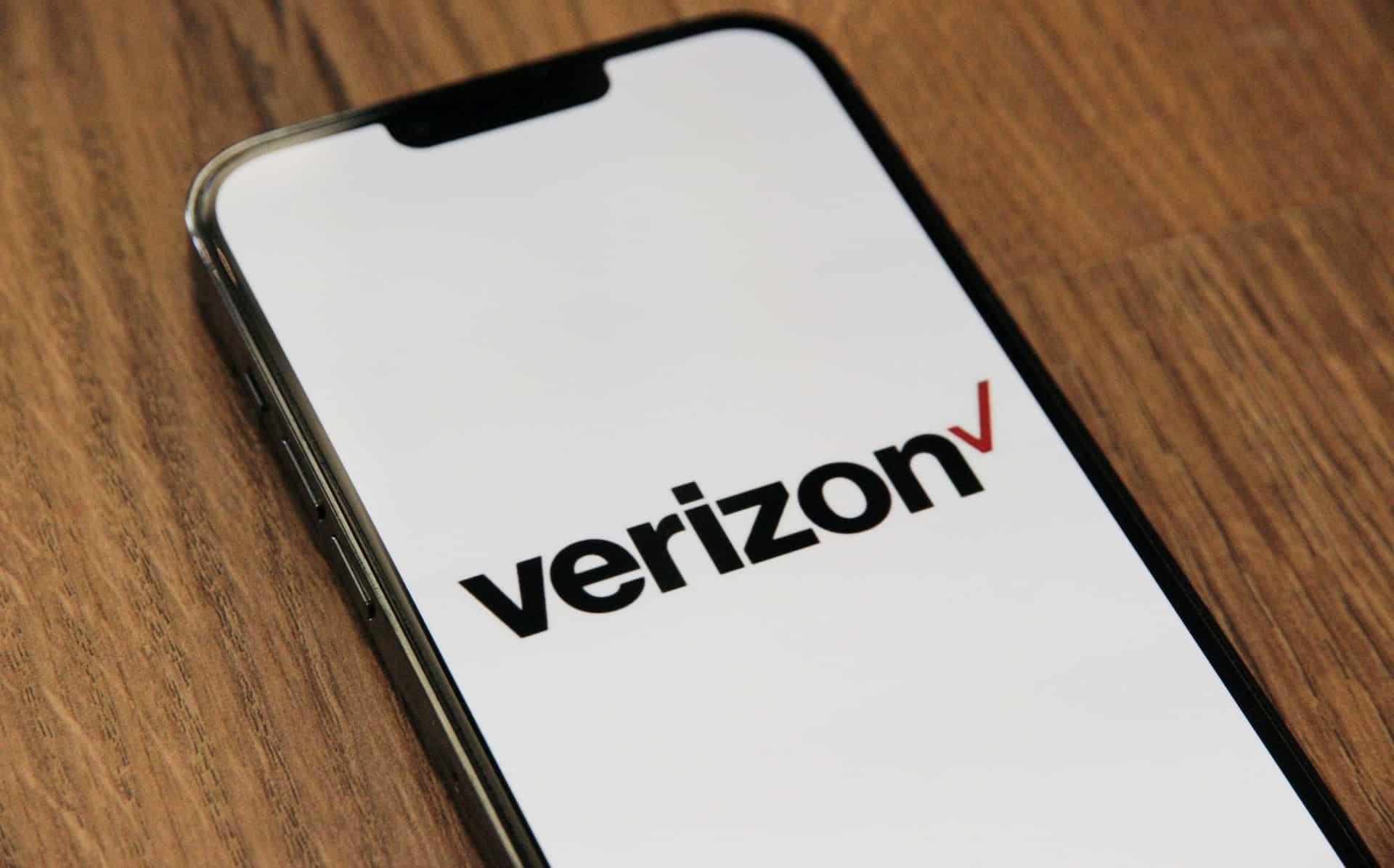





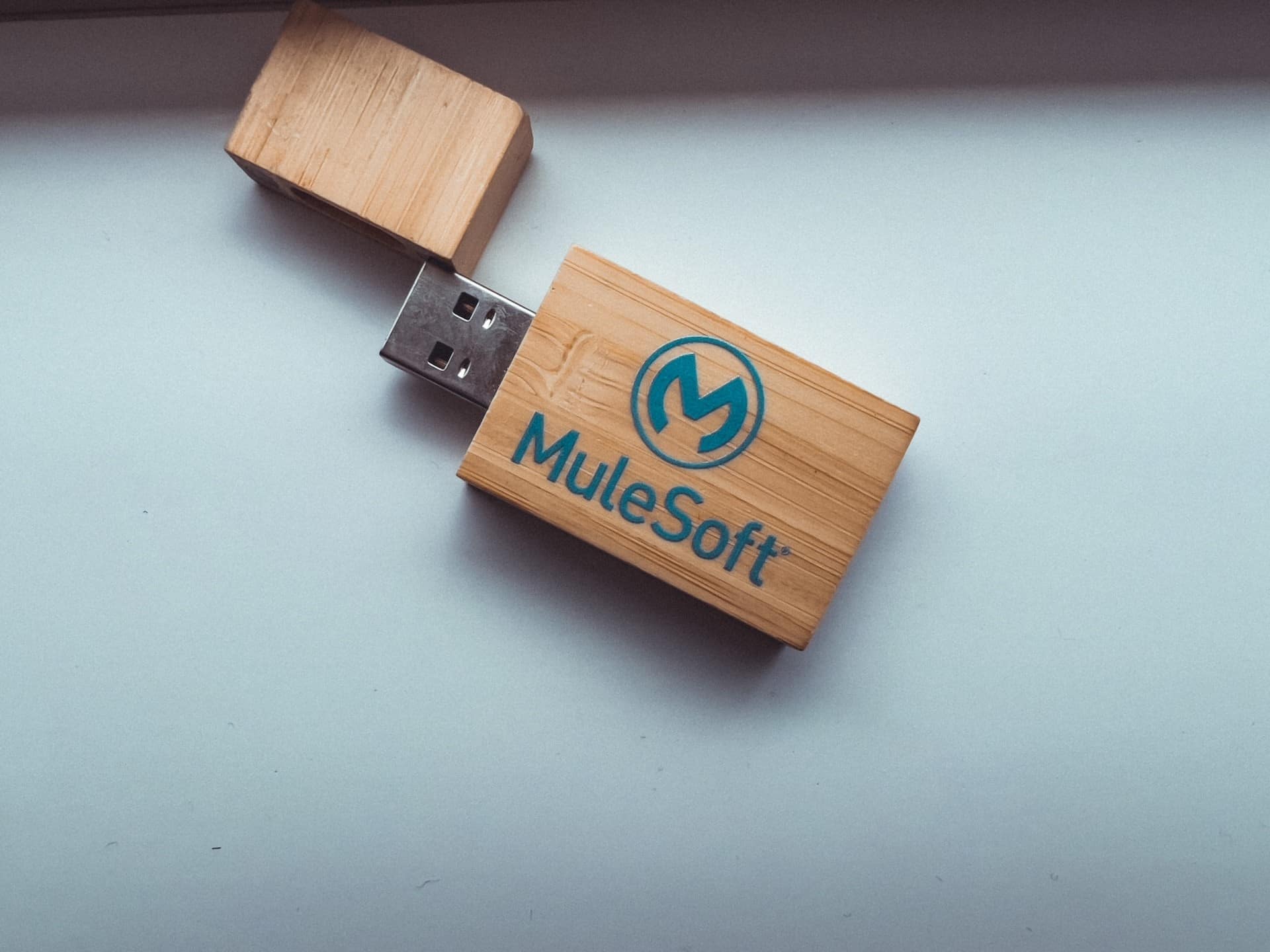


Add comment